Best Frozen Shoulder Treatment in Gurugram

Frozen shoulder, or adhesive capsulitis, is a condition that causes pain, stiffness, and restricted movement in the shoulder joint. It develops gradually and can make even simple daily activities difficult, such as lifting objects, wearing clothes, or reaching overhead. At Painflame, we specialize in non-surgical frozen shoulder treatment in Gurugram, using advanced techniques to restore mobility and relieve pain.
Frozen shoulder typically occurs due to inflammation, prolonged immobility, injury, or underlying conditions like diabetes or arthritis. If left untreated, the condition can worsen over time, leading to chronic pain and significant movement restrictions. Seeking timely care can help speed up recovery and prevent long-term complications.
Our treatment approach includes chiropractic adjustments, physiotherapy, manual therapy, and mobility exercises, focusing on improving shoulder flexibility, reducing stiffness, and strengthening surrounding muscles. We also emphasize postural corrections and lifestyle modifications to prevent recurrence.
If you’re struggling with shoulder stiffness, pain, or restricted movement, our specialists can create a personalized treatment plan to help you regain full range of motion and a pain-free life.
Common Causes of Frozen Shoulder
Immobility & Lack of Movement
Keeping the shoulder immobilized for too long due to injury, surgery, or a sedentary lifestyle can lead to joint stiffness and adhesions, restricting movement.
Injury & Shoulder Trauma
A previous fracture, dislocation, or rotator cuff injury can cause inflammation in the shoulder capsule, leading to pain and stiffness.
Diabetes & Medical Conditions
Diabetes, thyroid disorders, heart disease, and Parkinson’s disease can increase the risk of developing frozen shoulder due to inflammation and poor circulation.
Aging & Degeneration
Frozen shoulder is more common in people over 40, especially women. Age-related wear and tear can contribute to joint stiffness and mobility restrictions.
Signs & Symptoms of Frozen Shoulder
Frozen shoulder symptoms develop in three stages – freezing, frozen, and thawing. Early intervention can prevent worsening pain and long-term stiffness.
Common Symptoms of Frozen Shoulder
- Gradual stiffness and pain in the shoulder joint
- Difficulty lifting, rotating, or reaching behind
- Shoulder pain that worsens at night or with movement
- Weakness and reduced range of motion
Severe Symptoms That Need Immediate Care
- Shoulder pain lasting more than 3 months without improvement
- Extreme stiffness restricting daily activities
- Pain spreading to neck, arm, or upper back
- Weakness and loss of muscle strength in the affected arm


Frozen Shoulder Treatment at Painflame
At Painflame, we offer evidence-based, non-surgical frozen shoulder treatment to reduce pain, restore flexibility, and improve mobility. Our experts use a multidisciplinary approach to address the root cause and prevent recurrence.
Our Frozen Shoulder Treatment Methods
- Chiropractic Adjustments – Helps correct shoulder alignment and relieve nerve pressure.
- Physiotherapy & Manual Therapy – Reduces joint stiffness, improves blood circulation, and restores movement.
- Stretching & Mobility Exercises – Increases shoulder flexibility and muscle strength.
- Postural Corrections & Ergonomic Advice – Prevents poor movement patterns that contribute to stiffness.
- Pain Management Techniques – Drug-free methods like cold therapy, heat therapy, and ultrasound therapy for relief.
Our specialists create personalized treatment plans to ensure a safe and effective recovery. Book a consultation today to start your journey toward a pain-free and fully mobile shoulder.
How to Prevent Frozen Shoulder
Preventing frozen shoulder is easier than treating it. By staying active, maintaining good posture, and incorporating regular movement, you can reduce the risk of developing this condition.
Tips for Shoulder Health & Flexibility
Keep Moving
Perform gentle shoulder stretches daily to prevent stiffness.
Maintain Proper Posture
Keep your shoulders relaxed and aligned while sitting or standing.
Strengthen Shoulder Muscles
Engage in low-impact exercises to support joint health.
Avoid Prolonged Immobility
If recovering from an injury, gradually reintroduce movement under expert guidance.

Frequently Asked Questions
What causes frozen shoulder?
Frozen shoulder occurs due to prolonged immobility, shoulder injuries, diabetes, arthritis, or inflammation in the joint capsule, leading to stiffness and pain.
How long does frozen shoulder take to heal?
Without treatment, frozen shoulder can take 1–3 years to resolve. Early intervention with physiotherapy and chiropractic care can significantly speed up recovery.
What is the best treatment for frozen shoulder?
Non-surgical treatments like chiropractic adjustments, physiotherapy, stretching exercises, and posture correction are highly effective in relieving frozen shoulder symptoms.
Can frozen shoulder be treated without surgery?
Yes, most cases improve with manual therapy, movement exercises, and pain management techniques. Surgery is only required in severe, prolonged cases.
How can I prevent frozen shoulder from coming back?
Maintaining shoulder mobility, strengthening muscles, improving posture, and avoiding prolonged immobility can help prevent frozen shoulder from recurring.

